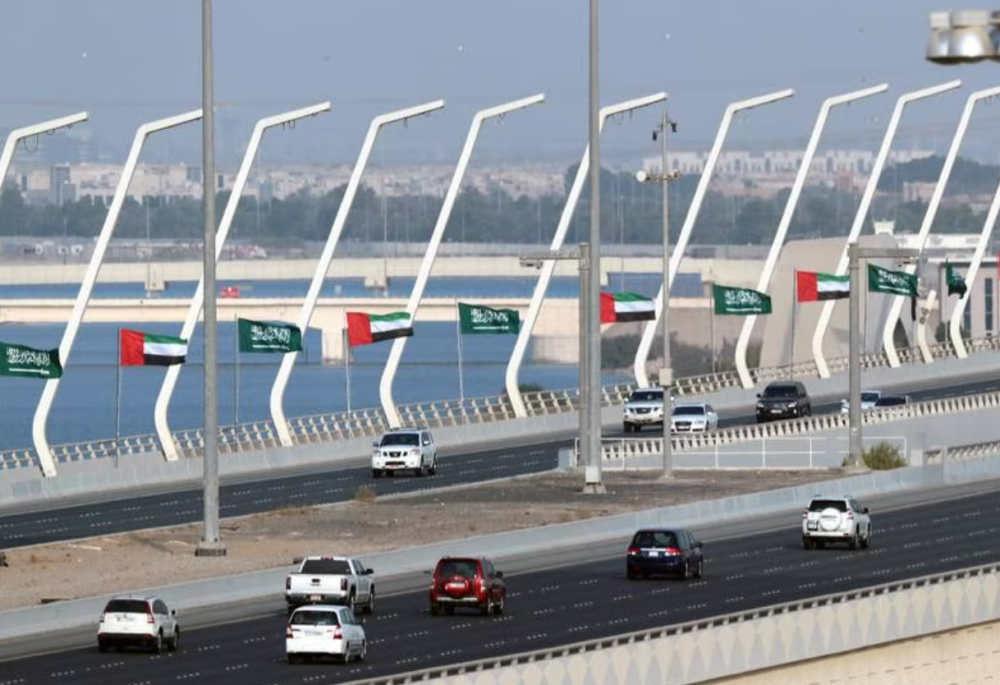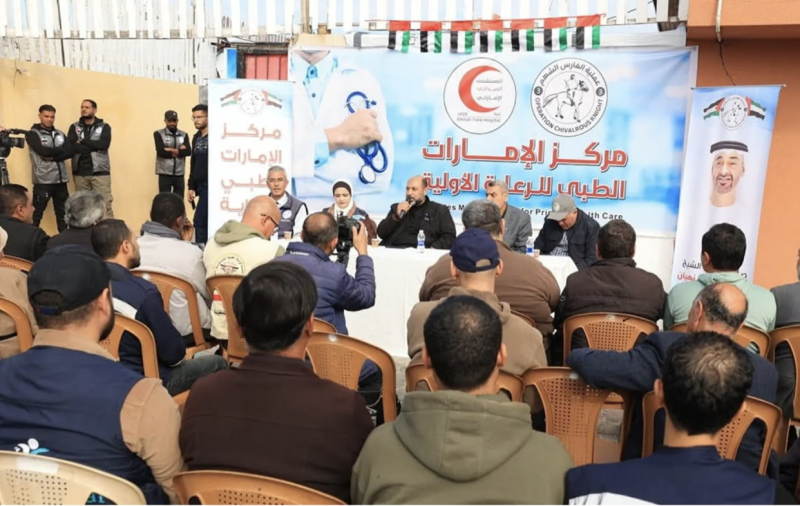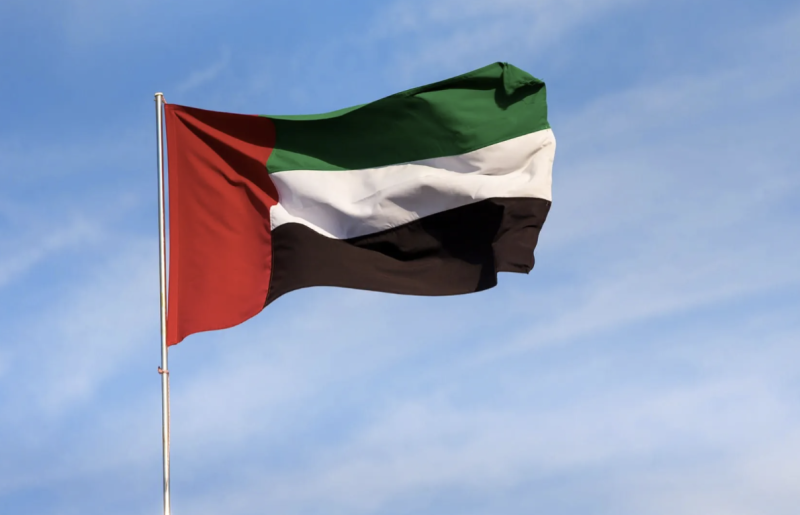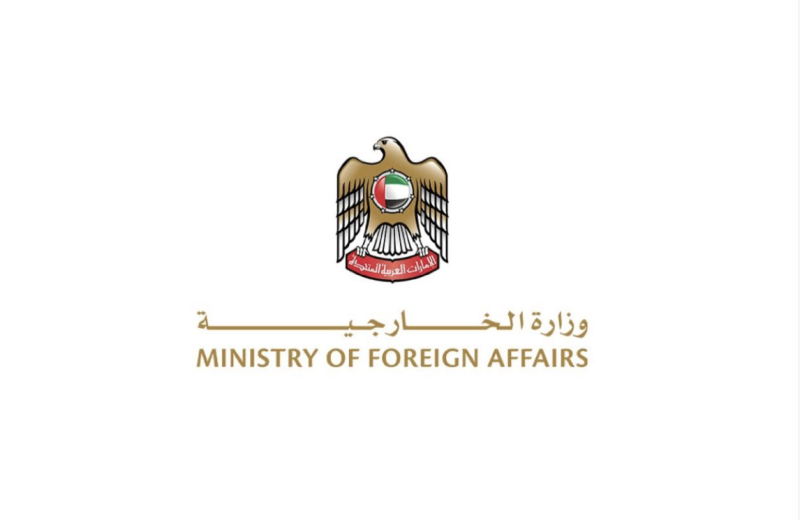New economic corridor places UAE and Saudi Arabia at the centre of the new world order


The India-Middle East-Europe Economic Corridor (IMEC), announced last month during the G20 summit in New Delhi, underlines a shift in global trade centres, with Asia, Africa and the Middle East set to anchor trade by the end of this decade.
The combined exports from these regions are projected to account for 44 per cent of global trade by 2030.
There have been numerous commercial agreements in recent years, including the African Continental Free Trade Area, the Regional Comprehensive Economic Partnership and the Belt and Road Initiative, contributing to the emerging high-growth trade corridors in Asia, Africa and the Middle East, which are predicted to outpace the global average by four percentage points.
The IMEC has the potential to create a wealth of opportunities for strengthening geopolitical and economic ties across regions, and will connect the interests of 1.4 billion people in India and hundreds of millions of consumers across Europe and the Middle East, representing a new paradigm in economic and political co-operation.
Inclusion and oversight
As IMEC takes shape and political and economic interests converge, so will intra-regional trade and cross-border digital services. This could create unprecedented opportunities for the UAE and Saudi Arabia to enter new markets and further diversify their non-oil economic models.
This backdrop means financial institutions would gain opportunities to develop and use unified cross-border digital financial platforms, products and services. In doing so, they have the potential to create positive socioeconomic outcomes such as greater financial inclusion and intra-regional trade development.
Banks such as Standard Chartered already have the ability to turbo-charge financial inclusion and economic growth by widening access to their trade finance and sustainable finance solutions. When fully realised, IMEC territories could also benefit from the economic opportunities that trade finance creates.
Leveraging multiple economic partnership models
For this to happen, IMEC would need to deliver much more than infrastructure and collaboration. A level of trade convergence would be likely – a process that presents enormous opportunities but also concessions.
Free trade agreements typically require shared standards, harmonisation of tariffs and centralised extra-national judicial oversight of trade disagreements. Were such matters without controversy, Brexit may never have happened.
If IMEC can emerge as a comprehensive, robustly governed and politically acceptable trade corridor, it could revolutionise value chains within developing economies, catalyse job creation and increase economic resilience. It also has the potential to serve as a powerful complement to other established trade corridors in which the UAE and Saudi Arabia play an important role.
For instance, with Saudi Arabia and the UAE set to become members of Brics – a bloc comprising Brazil, Russia, India, China and South Africa – the Gulf region is now at the centre of global commerce, connecting established economies in the West to the Global South. The region’s economies stand to benefit from an unrivalled scale of co-operation within Brics and – if it comes to fruition – IMEC.
Unlocking inherent growth potential
Strategically placed between the trade corridors of the Asean and the African Continental Free Trade Area, the Arab world’s two biggest economies represent the de facto gateway between East and West.
Consequently, the GCC is entering an era of historic opportunity for global trade, transcontinental infrastructure development and economic collaboration – and with greater economic clout comes exponential growth in political power for the bloc’s nations.
Our research shows the Middle East, Africa and Asia will propel global trade from $21 trillion to $32.6 trillion by 2030.
Such an expansion of economic and political power follows significant gross domestic product growth in 2022 of 8.7 per cent and 7.9 per cent in Saudi Arabia and the UAE, respectively.
From a socioeconomic standpoint, the Gulf states, led by the UAE and Saudi Arabia, are experiencing unprecedented momentum and strength.
Banks such as ours will continue to support growing trade in the GCC through trade finance, digital platforms and ESG (environmental, social, and governance) capabilities.
With the Gulf now at the heart of the new world economy, financial institutions face a historic opportunity to deliver inclusive growth for hundreds of millions of people, if and when IMEC is successful in its establishment and acceptance.

Abu Dhabi -- The UAE has inaugurated the Emirates Medical Centre in Khan Younis, south of the Gaza Strip, as part of the Operation Chivalrous Knigh…

Abu Dhabi -- The United Arab Emirates has condemned the shooting incident that occurred at Brown University in the state of Rhode Island, which res…

Abu Dhabi -- The United Arab Emirates has condemned in the strongest terms the terrorist attack that occurred at a Jewish gathering in the city of…